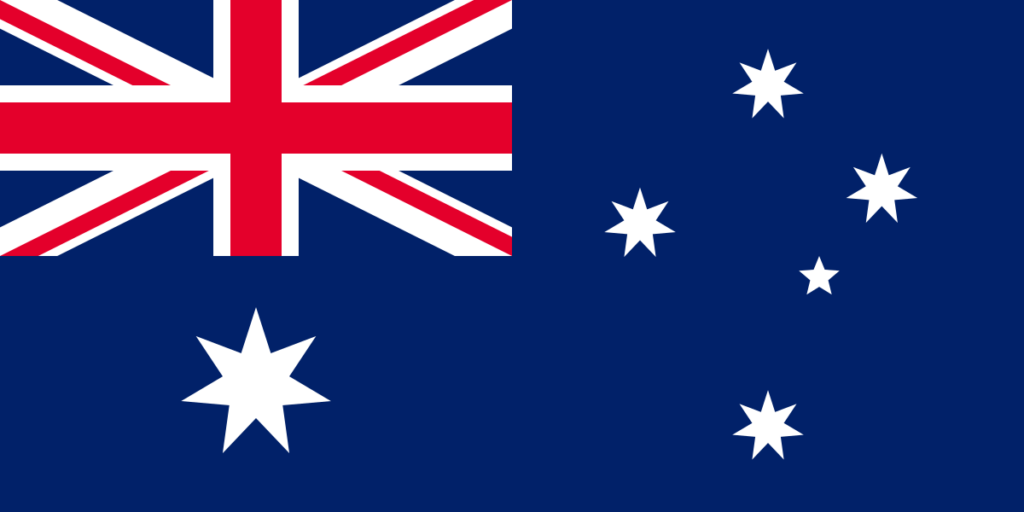Australia is set to impose new restrictions on children’s use of social media, with a proposed minimum age limit that could be as high as 16, Prime Minister Anthony Albanese announced on Tuesday, September 10. The initiative aims to encourage children to engage more in physical activities like sports and reduce their screen time.
The government plans to introduce federal legislation later this year to limit access to social media platforms such as Facebook, Instagram, and TikTok, which Albanese has criticized for their negative impact on young people. Although the exact age limit has not been finalized, it is expected to be set between 14 and 16 years old.
Prime Minister Albanese personally favours restricting social media access for those under 16 and indicated that age verification trials will be conducted in the coming months. However, experts have voiced concerns about the practicality of enforcing an online age limit, citing potential technical challenges.
“I want to see kids off their devices and onto the footy fields and the swimming pools and the tennis courts,” Albanese said.
“We want them to have real experiences with real people because we know that social media is causing social harm.
“This is a scourge. We know that there is mental health consequences for what many of the young people have had to deal with.”
Peter Dutton, leader of Australia’s conservative opposition, expressed his support for implementing an age limit.
“Every day of delay leaves young kids vulnerable to the harms of social media and the time for relying on tech companies to enforce age limits,” he said.
Toby Murray, an associate professor of computing and information technology at the University of Melbourne, highlighted the uncertainty surrounding the availability of technology capable of effectively enforcing social media age restrictions.
“We already know that present age verification methods are unreliable, too easy to circumvent, or risk user privacy,” he said.
Experts cautioned that implementing an age limit might not necessarily benefit children facing difficulties.
Daniel Angus, head of digital media research centre at Queensland University of Technology said, ”It threatens to create serious harm by excluding young people from meaningful, healthy participation in the digital world.”
Samantha Schulz, senior sociologist of education at the University of Adelaide said, “There is logic in establishing boundaries that limit young people’s access.”
She further said, “However, young people are not the problem and regulating youth misses the more urgent task of regulating irresponsible social media platforms. Social media is an unavoidable part of young people’s lives.”
“These social media companies think they’re above everyone,” he told a radio interviewer.
“Well, they have a social responsibility and at the moment, they’re not exercising it. And we’re determined to make sure that they do,” he said.
Australia has emerged as a global leader in advocating for social media regulation, with its online safety regulator frequently clashing with Elon Musk’s platform, X, over the nature of content hosted on the site.

